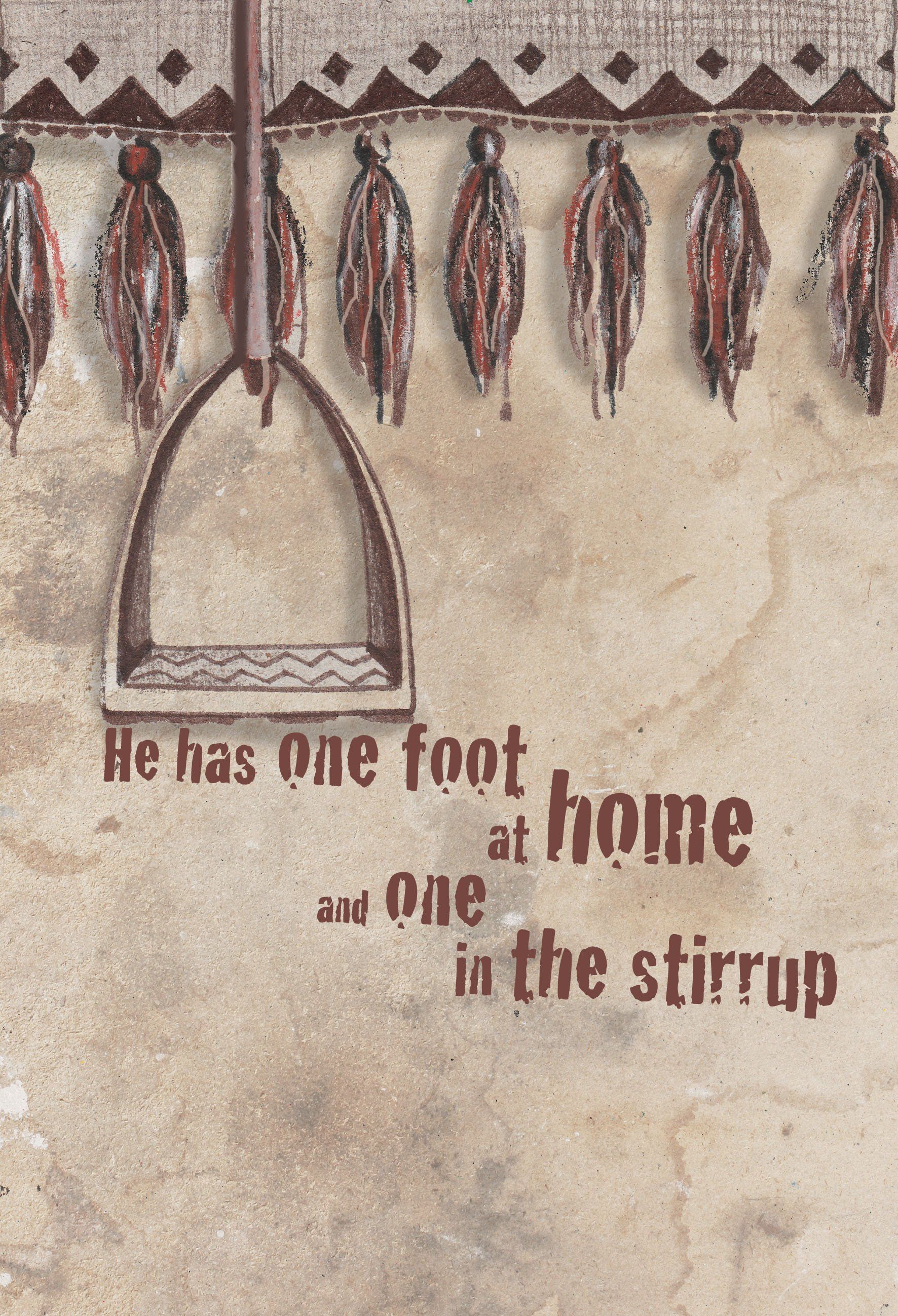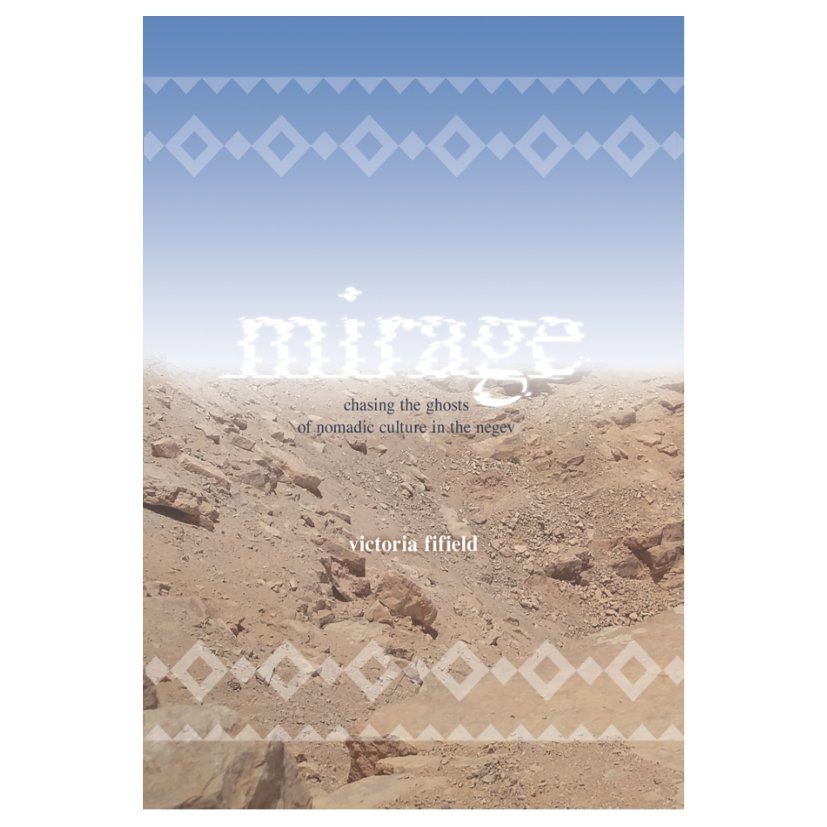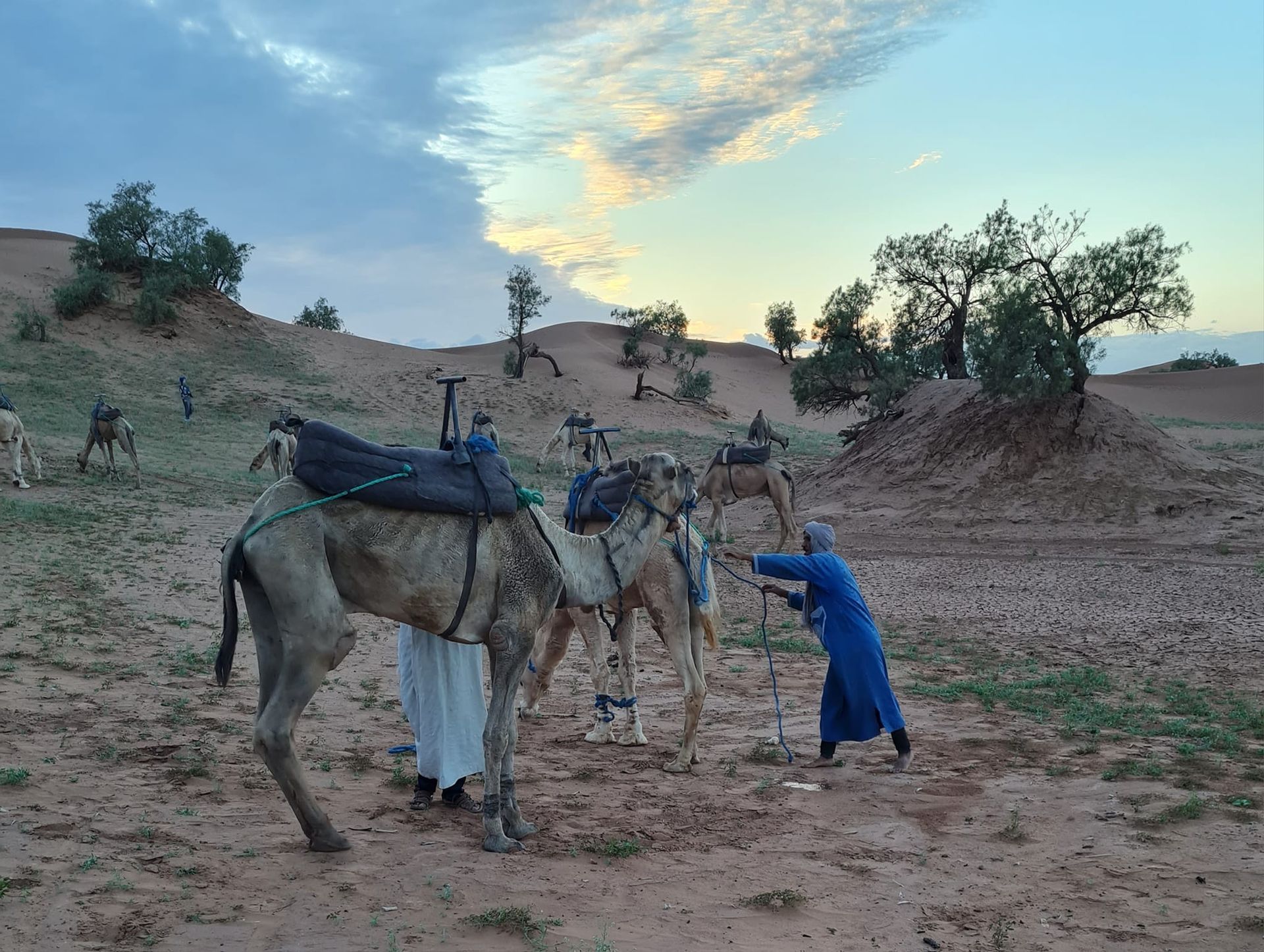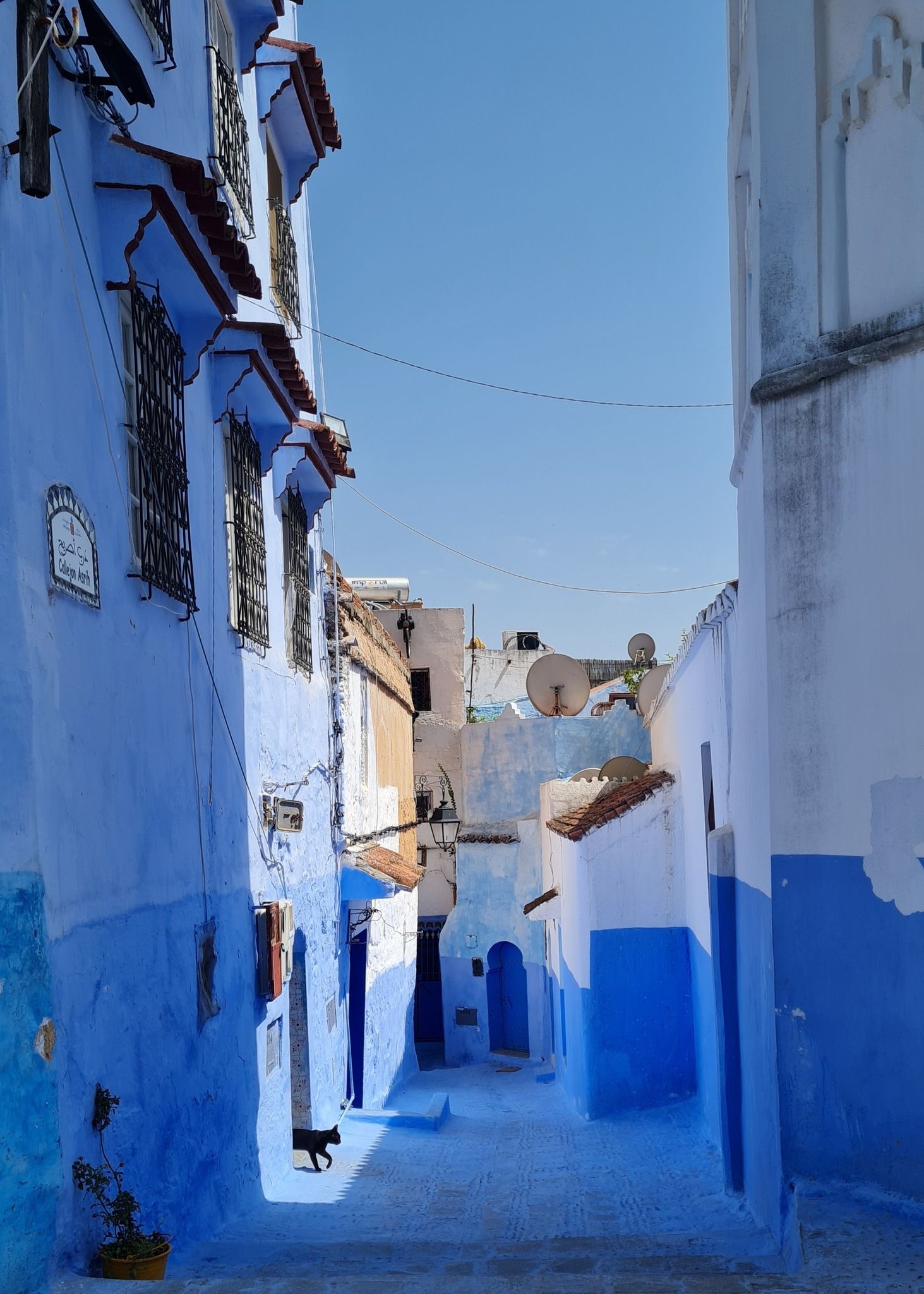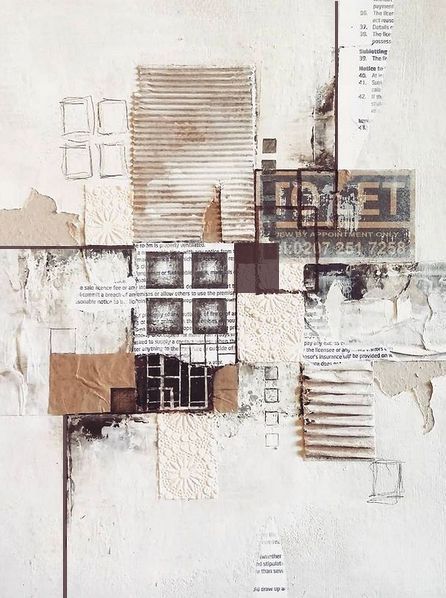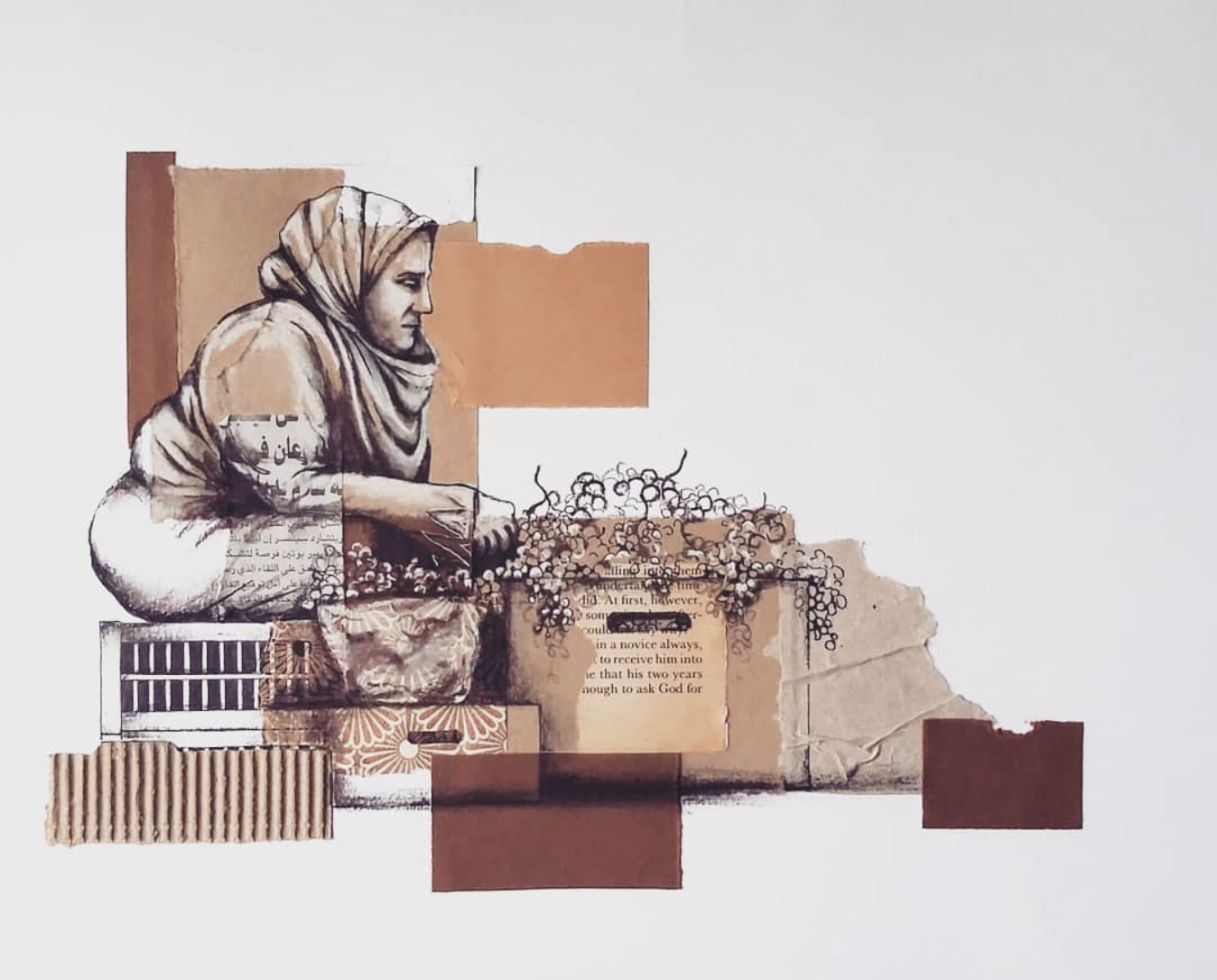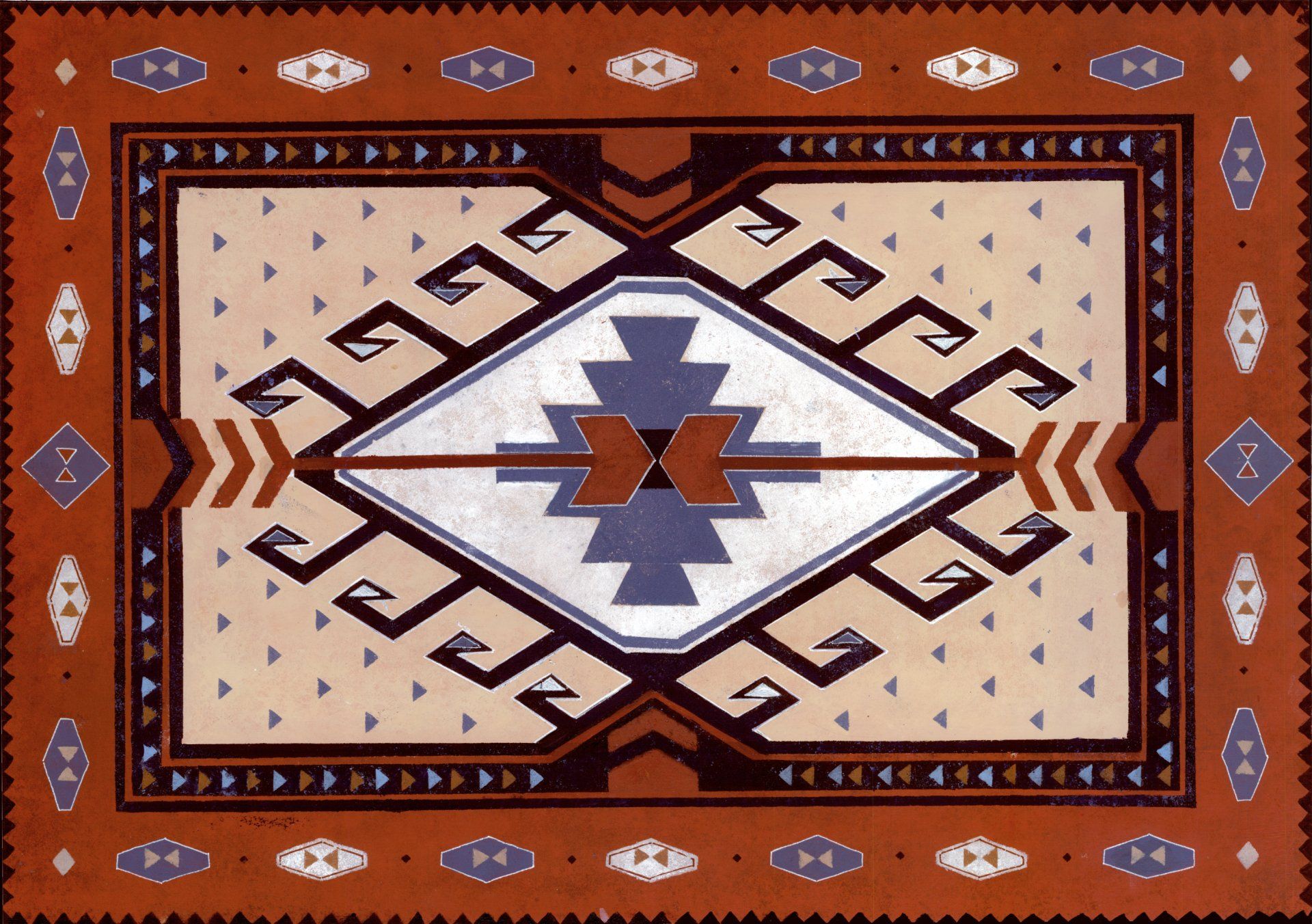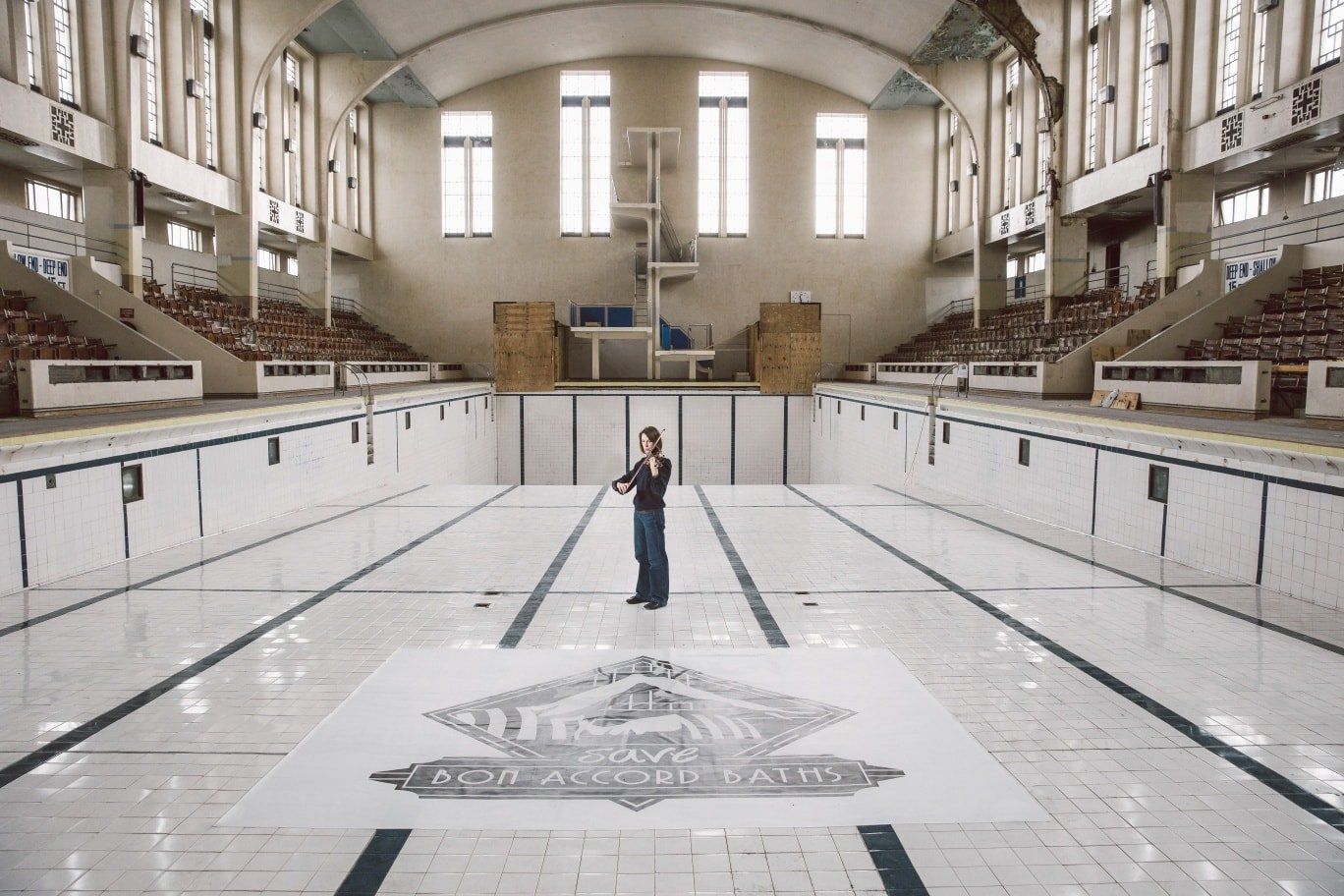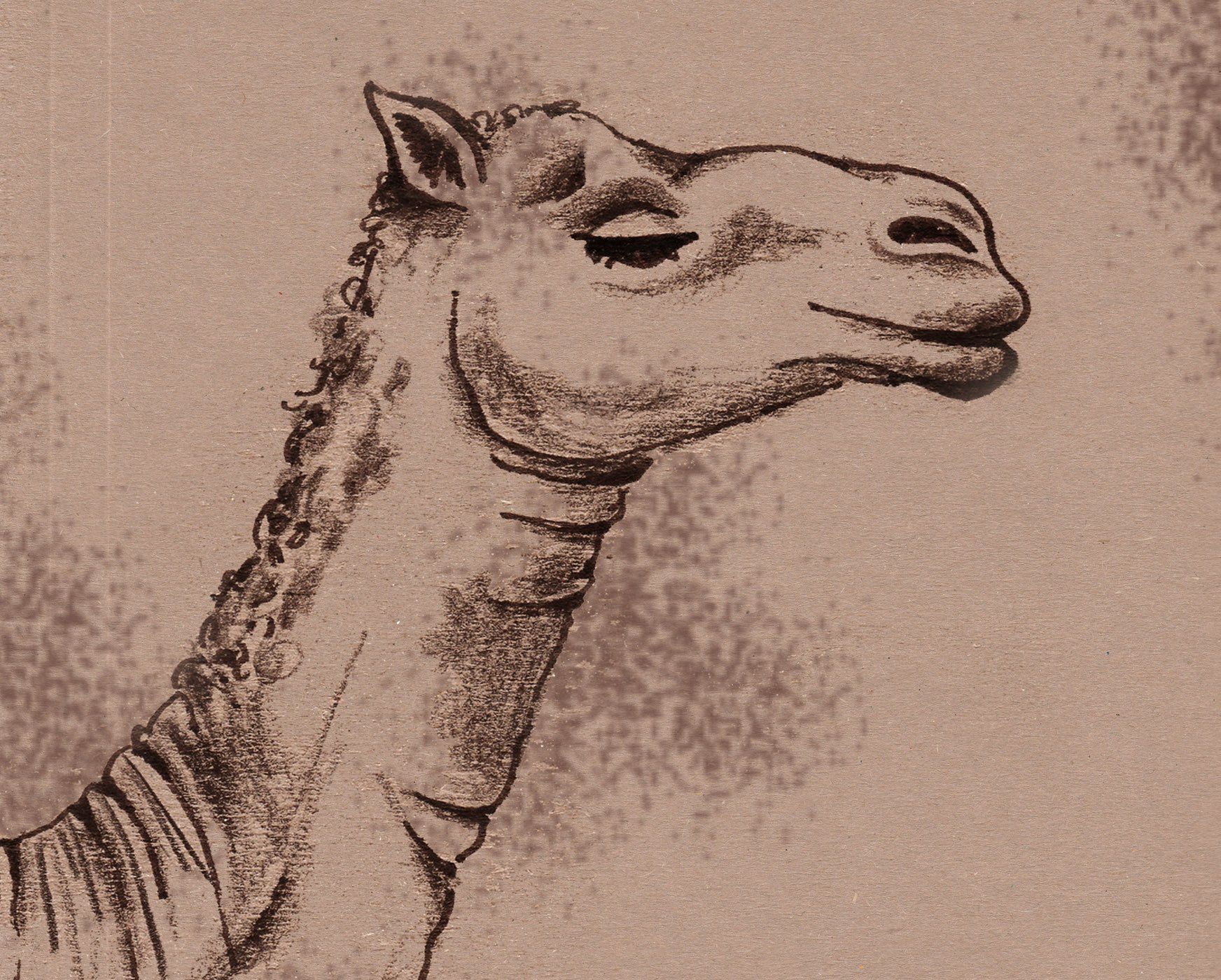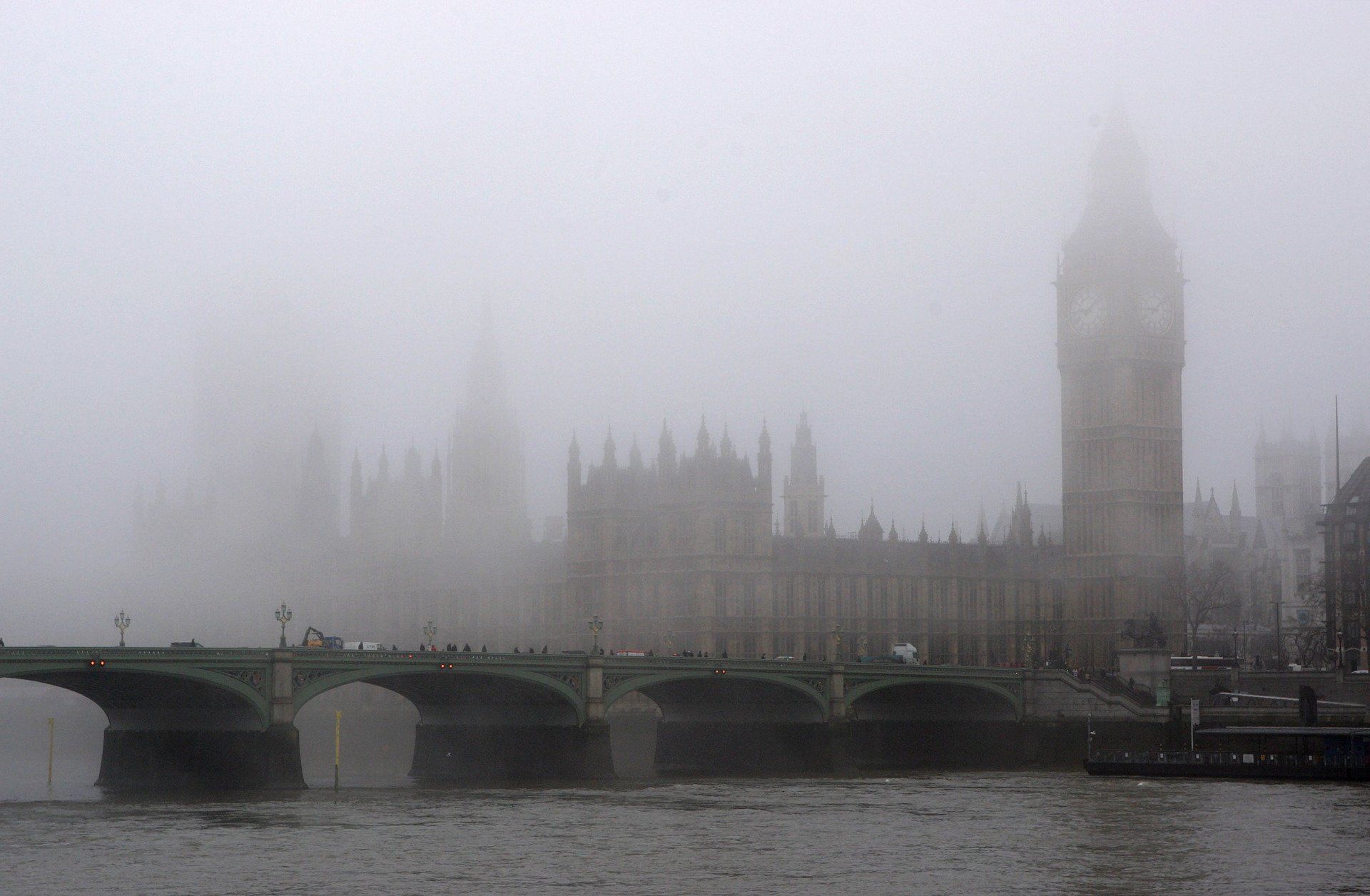Mirage Q & A
Some questions and answers about new book 'Mirage'.
I'm very happy to announce the publication of my new book 'Mirage'!
After a series of small launch events, I thought I'd post some of the questions and answers from our discussions. If you have any other questions please drop me a message!
Tell us in one sentence what the book is about.
This is the story of two months I spent in the summer of 2019 working (or at least trying to work) in the Bedouin city of Rahat in the Negev region of Israel.
Can you give us some context about the location and the Bedouin people?
Bedouin
is the plural of
Bedu
which literally just means 'desert dweller'. The Bedouin have lived nomadic or semi-nomadic lives across the middle east for more than 4000 years. But over the past century, their nomadic existence has been severely restricted in many parts of the middle east. In some cases the Bedouin have chosen to settle and adopt certain aspects of ‘modern’ life, but in others the change has been imposed by political states.
I would say Israel is a clear example of the latter. In the early years of the State of Israel, the government had a clear vision of the Bedouin’s future which involved turning them from a nomadic society into an urban one. To make this vision a reality, the government built seven towns in the 1970s to house the Bedouin population. Rahat, where I was, is the largest of these and is considered a city with a population of around 70,000. It sits on the northern edge of the Negev desert, around 10 miles from the city of Be'er Sheva.
How have these changes and the transition to settled life affected the Bedouin?
The residents of Rahat have lived through, and are continuing to live through, huge, huge changes to their society. These are changes that have really shaken the foundations of their society and culture, and have driven a wedge between generations who have completely different life experiences and values.
It's a particularly difficult situation for the youngsters - they're torn in different directions with their families’ expectations often clashing with those of the education system and whatever comes through their smartphones. Their situation was described to me by a local youth worker as a full blown youth identity crisis - he said 'they don't know who they are or who they're supposed to be’.
On top of all that, the Bedouin communities are the poorest in Israel with high unemployment, low educational achievement and high levels of crime and violence. They also still have one of the highest birthrates in the world. So all in all, it's a very complex and difficult picture. And of course, this was all before Covid came along...
So tell us about the reasons for your trip and the project you hoped to implement. What were your aims when you set off?
Unfortunately, I’ve always loved difficult, complicated things. And this situation, particularly the issues facing the younger generation, was something that really captured both my head and my heart. So I decided to focus on this for my final project as part of my Masters degree.
I was going to work with a local youth organisation for six weeks to run a series of workshops about storytelling. I was going to get the youngsters to interview their grandparents about their nomadic way of life and collect traditional stories - part of their oral heritage which is fading fast. I hoped it would help connect the generations a little and encourage the youngsters to discover more about their own heritage.
So yes, I set off with a beautiful Theory of Change diagram and some wonderful Powerpoint presentations, and everyone at the University and the youth organisation all sounded very enthusiastic...
So things didn’t go as planned.. It’s quite rare to hear stories of things that failed - what convinced you that this was still a story worth telling?
I remember at the time saying 'well I don't think I'll be writing a book about this one.' But.. surprise!
Thankfully, I was reassured by my supervisor that this was not an unusual outcome for projects of this nature. However, that led me to think 'well, in all my research and preparation, why have I only ever read about the ones that went well?' Therefore, I thought that it was important to write about this unsuccessful experience - both for reasons of personal therapy and to show the reality of how difficult it can be to do things like this.
I think in a wider context it’s also an important act to tell stories of disappointment and frustration. So often, in a world increasingly shaped by social media, we only hear one-dimensional stories of people living consistently successful, happy lives which is totally unrealistic. So I guess part of my motivation for writing was to try to rebalance this unhealthy and damaging trend.
The book includes illustrated proverbs throughout, which kind of comment on the narrative. The proverb 'we learn little from success, but much from failure' perhaps sums up your whole experience in Rahat. So what would you say you learned from the experience?
Like most difficult experiences, I came away with many quite profound lessons.
Firstly, I learned that when you’re working with communities, who you are - or who you’re
perceived to be
- matters. I had been so focused on the Bedouin and learning about their situation that I’d forgotten about myself and how I would come across to the youngsters. To them I represented the Western world, global travel, female independence etc, but I was urging the youngsters not to be seduced by all these things and to embrace their own heritage and culture - something that I am not a part of! So the message and the messenger were mismatched which created some confusion about why I was there.
Another thing that has emerged over a longer period of reflection is a greater understanding of what it means to live through huge change. I arrived in Rahat so fascinated by all the complexity surrounding these changes in a sort of intellectual way, but I was disappointed to find that no-one there really seemed to share my interest. There felt like a huge weight of apathy all around me in Rahat. But with reflection, I see that ‘apathy’ quite differently now. I think, given what’s happened to all of us over the past year or so, we can all understand what it actually feels like to live through huge societal changes and disruption. And of course, what we have experienced is minimal compared with the situation in Rahat over the last 50 years, so I can definitely understand the sheer exhaustion and weariness of just living day to day surrounded by so much turbulence.
And finally, I guess I learned that success comes in many forms. It would have been nice to return home feeling that I had made a visible difference to the Bedouin situation, but I guess I learned many valuable personal lessons. Things like dealing with frustration, disappointment and accepting things beyond my control are all lessons that I can apply to future work as well as in my personal life…and of course, a book has emerged from the experience! The act of turning an experience of failure into a creative project that I'm proud of and can share with others definitely feels like success.
Read more about Mirage and buy your copy here!

